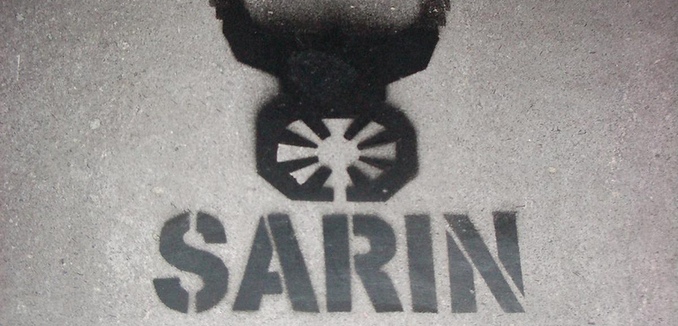CNN reported tonight that Israel’s air force recently attacked a Syrian chemicals weapon cache, probably on Thursday or Friday and probably from within Lebanese airspace. The report cited Western intelligence sources, likely based on radar evidence. The CNN report comes days after Syrian opposition forces reported that IAF strikes had taken place on Syrian territory. The opposition reports also indicated that the Israeli attack targeted Syria’s chemical weapons program.
Israeli officials have been increasingly explicit in warning that Jerusalem would act to prevent the Syrian regime from crossing the double red line that Israeli officials had set at the onset of the Syrian conflict: no transfer of advanced Syrian weapons to terrorist allies of the embattled Bashar al-Assad and no seizure of those weapons by Al Qaeda-linked opponents fighting to overthrow the regime.
President Barack Obama has endorsed the Israeli position:
“That’s an issue that doesn’t just concern Syria. It concerns our close allies in the region, including Israel. It concerns us,” Obama said, also acknowledging the possibility that militant groups might acquire some of those weapons. “We cannot have a situation where chemical or biological weapons are falling into the hands of the wrong people.”
The president noted that he has not ordered any armed U.S. intervention yet, but said: “We have communicated in no uncertain terms with every player in the region, that that’s a red line for us, and that there would be enormous consequences if we start seeing movement on the chemical weapons front, or the use of chemical weapons. That would change my calculations significantly.”
The odds of transfer or seizure have dramatically increased in recent weeks.
Israeli officials publicly worried earlier this week that Assad’s forces had already transferred small amounts of chemical weapons to the Iran-backed terror group Hezbollah. For its part is thought to have poured literally thousands of fighters into Syria, and has become deeply embedded in the Syrian army’s battles against opposition forces. The regime has kept much of the Syrian army out of the fighting due to fears of defection. There are no such worries with Hezbollah’s fighters, and Hezbollah forces had already been deployed to guard Syrian WMD arsenals months ago. Iran and Hezbollah have also reportedly built an enormous force to seize control of Syria if necessary.
The risk of chemical weapons seizure has also spiked. Areas evacuated by Syrian forces, especially those around the border area with Israel, have been filled in by fighters from the Al Nusra Front. The beginning of April saw the largest redeployment of Syrian army forces in 40 years, and rebels are now within striking distance of Syria’s largest WMD caches. The Al Nusra Front is, according to the the State Department, merely an alias for Al Qaeda, and Al Nusra fighters have pledged allegiance to the global terrorist group. Islamist rebels in Syria have pledged to attack Israel and top Israeli military officials believe those attacks would include the use of chemical weapons.
Hanging over everything is an overarching uncertainty regarding the status of Syria’s chemical weapons. This week The Daily Beast revealed that the U.S. simply does not know the current status of all of Syria’s chemical weapons or who is in control of them:
As the White House mulls whether Syria has crossed President Obama’s red line and used chemical weapons, the U.S. military and intelligence community are quietly acknowledging that the United States does not know where many of those weapons are located… At the heart of the concern is that the Syrian military has transferred more and more of its stock of sarin and mustard gas from storage sites to trucks where they are being moved around the country. While U.S. intelligence agencies first saw reports that Syria was moving the weapons last year, the process has accelerated since December, according to these officials. Also worrisome, said two of the officials, is intelligence from late last year that says the Syrian Scientific Research Center—an entity responsible for Syria’s chemical-weapons stockpile—has begun to train irregular militias loyal to Syrian President Bashar al-Assad in how to use the chemical munitions.
[Photo: bixentro / Flickr]




